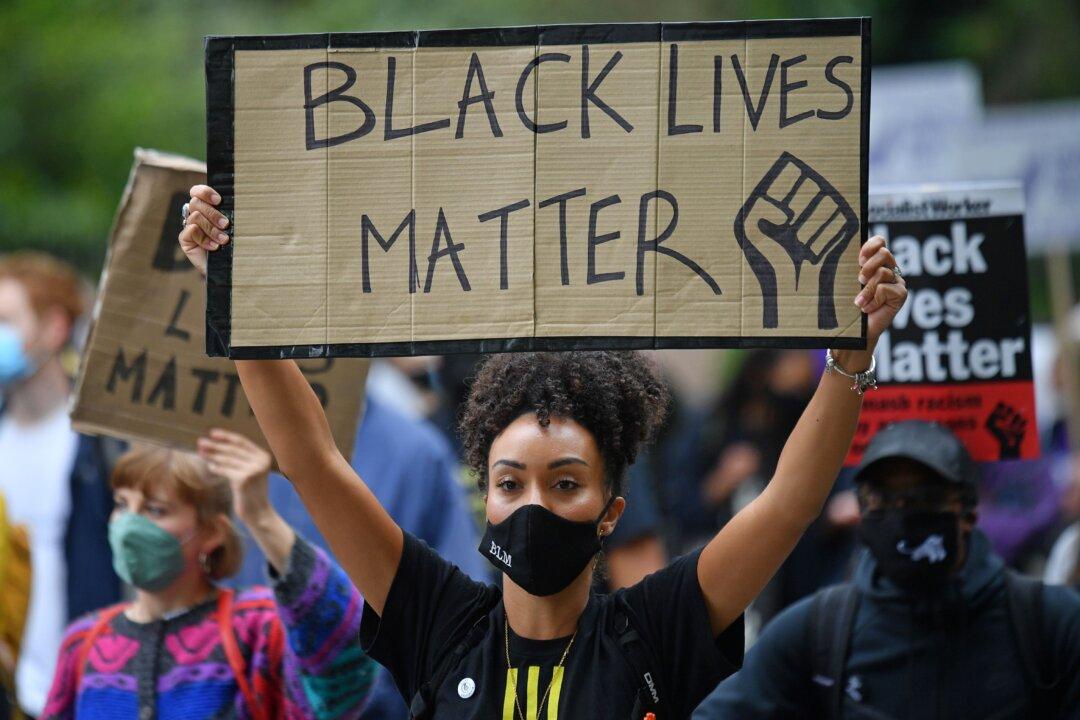The government is being urged to conduct an independent review of companies that allegedly introduce “radical claims” into schools on race, gender, and other “contentious issues.”
In a new petition, Don’t Divide Us (DDU) said “unproven assertions” about race, gender, and sex are being introduced into schools by “activist-influenced groups who are more concerned with promoting political interests than in educating the next generation.”





